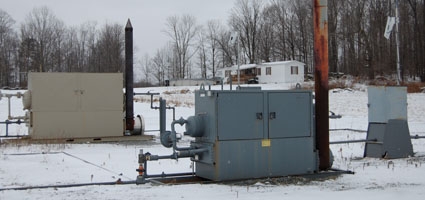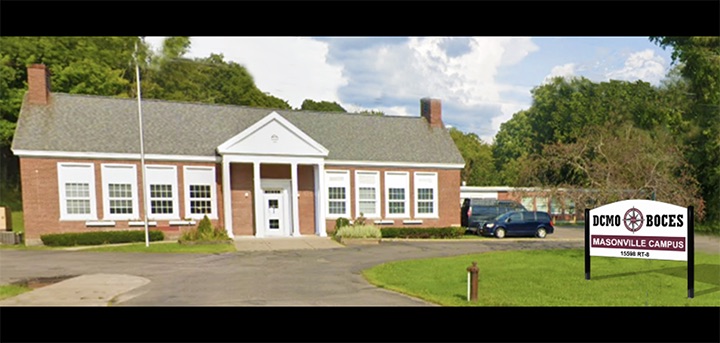Boon or Bust? Part II: A Dimock couple had high hopes for quick bucks, but ended up in muddy waters
Ron Carter and wife, Jean of Dimock, Pa., were first approached by Cabot Oil and Gas Co. representatives in late August of 2006 with a lease offer that seemed, at the time, to be very lucrative for their 75 acres of land.
The Carters said the various Cabot officials who visited their home – located, ironically, on Carter Road – convinced them that their neighbors had all signed similar deals, and if they refused, Cabot would be drilling for the natural gas lying in the Marcellus Shale under their property anyway.
While he admitted to being uncertain, Ron said he and his wife discussed their options and ultimately agreed to sign on with the company for $25 per acre. The money went toward that year’s property taxes.
But it was a decision the couple has regretted ever since. What followed has haunted the long-time Dimock residents – and 17 nearby neighbors – every day for the past four and a half years.
Following a series of drilling tests – at depths of 8,000, 10,000 and 12,000 feet – Carter said he was informed there was no potential for natural gas drilling on his property. A little over two years later, in September of 2008, drilling commenced at a well just 320 feet from his front porch, right on his property line.
And in late October of 2008, the couple said their water began to emit a strange smell and taste increasingly bad.







Comments